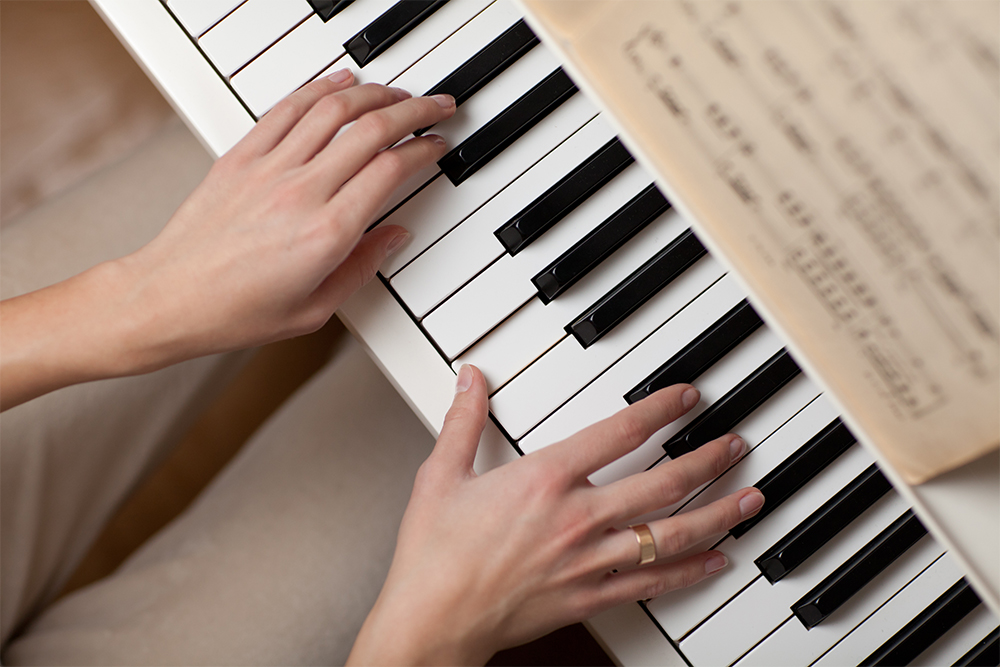According to Plato, music gives the mind wings. Even though there are no facts to prove, Plato actually said that music tends to give the mind wings. According to recent research in Baycrest’s Rotman Research Toronto, learning how to play a musical instrument can offer the brain several benefits and improve brain function.
Some suggestions claim that learning to play a musical instrument will rehabilitate the brain if it is undergoing brain trauma. There are so many reasons you should learn how to play a musical instrument, and lately, there have been several discussions on the best possible ways to introduce brain development in little children.
How does playing an instrument affect your brain? Continue reading and find out more about brain development. Learning how to play a musical instrument will battle people’s mental decline when they start to age. It will be better to learn how to play a musical instrument instead of working on brain training puzzles and apps.
Learning how to play musical instruments will greatly impact brain development than engaging in any other brain enhancement activity. However, you will benefit hugely from learning how to play an instrument when you start playing the instrument at an early age.
However, playing musical instruments will enhance the brain regardless of the stage you are in life, and a survey has shown that there is a huge difference between the brain of a musician and that of someone who doesn’t play music.
Content Navigation
How Does Playing An Instrument Affect Your Brain

In musicians, the nerves connected to both sides of the brain are large, and grey matter content in different parts of the brain is more significant. Long-range connections in different brain areas also get strengthened, and other results have proved musical training enhances spatial training, verbal memory, and literacy.
If you play musical training, you are liable to improve executive functioning in the brain. That is the part of the brain responsible for solving problems, controlling behavior, making decisions, enhancing memory, and processing information. Playing a musical instrument improves multitasking skills because it aids musicians in focusing on specific things.
The hemisphere of the brain experiences improved blood flow, which results in a burst of energy. Music isn’t just helpful to the brain and body, it also soothes the soul. Well, if you do not play music or not, listening to your favorite music will lift your mood.
Reducing anxiety levels and fighting depression is another benefit of playing a musical instrument or listening to music. No matter how old you are, learning how to play a musical instrument boosts your mental, physical, and cognitive health.
However, no time is late to start taking musical classes, so you can enjoy the benefits it comes with. Musical sounds and note brings up memories of special people in our lives and striking our emotions. You can enjoy all of these benefits if you learn how to play a musical instrument today.
Disadvantages Of Playing The Piano
Taking piano lessons is one activity every child loves to engage in, and it isn’t beneficial to kids alone but adults. Building up a sense of timing and learning how to read sheets will come in handy when you decide to play musical instruments.
One question that is being asked often is, are there are disadvantages of playing the piano? Let us face reality, everything that has a good side definitely has a wrong side. There are benefits attached to playing the piano, but it also comes with a downside as well.
Devoting time to learn how to play the piano requires a huge commitment level. The stress that comes with running and meeting up with practice classes can be exhausting sometimes. There are times you would feel like quitting, but being resilient is what keeps you going.
Another challenge that comes with learning how to play the piano is how expensive pianos are and their size. Unlike guitars, they do not require much space when storing them up, but you can’t say the same for a piano.
Guitars are relatively affordable, but that isn’t the case with a piano. Comparing a piano with a guitar, you will realize that pianos are bulky; storing them up in your home requires dedicating an entire space to store them up.
It doesn’t matter if you want to get yourself a digital and small piano; you will always be tempted to move them around. Imagine positioning your piano where you place your Christmas tree every year. It will require you to move your piano when it’s Christmas time.
Most people confuse a keyboard for a piano, but both instruments are not the same. You cannot enhance your piano skills by learning with a keyboard. When you eventually get a piano, tuning a piano is expensive.
You need to understand that a piano isn’t a toy, and it must be looked after. If you do not tune your piano, you will end up playing out of tones. Treating your piano right will encourage you to sit in front of it with pride while you practice.
Despite all of these challenges that come with learning how to play the piano, the fact is a piano is still one of the best musical instruments you can ever think of owning. Owning a guitar might not take too much from your wallet, and holding a piano is the opposite.
However, it doesn’t change the fact that the piano is a wonderful instrument. Learning the piano requires you to be fast, cos it isn’t an easy process. You have to master the art of moving both hands at the same time.
Some disadvantages come with learning how to play the piano, but it shouldn’t discourage you from taking piano classes. You can start by taking two weeks of piano lessons, and do rush out to buy a piano.
Neuroscience Of Playing The Piano
Piano lessons are similar to braces. Everyone eventually outgrows braces, but people never really outgrow piano lessons. Most people took piano lessons in their childhood, which makes a pianist’s brain different from that of an average person. In terms of skill and demand, the piano proves to be the ultimate instrument that requires them.
A perfect example is a piano requires you to use both hands at the same time while playing. A pianist needs to have a unique brain capacity to be able to play with both hands. This isn’t just a mere talk but one that has scientific backing.
Playing the piano requires using both hands, so the pianist can overcome either being right-handed or left-handed. Researchers revealed that pianists strengthen their weaker side to match up with their dominant side by playing with both hands.
A pianist also has the ability to make his brain a well-rounded machine. People who play the piano are also good at decision-making. Shockingly, pianists have the ability to shut down the part of their brain that produces stereotypical responses.
Shutting down that part of their brain enables them to play using their unique voice. This tells you how complex and taxing the piano is on the human brain, and even though this might be difficult to understand, learning how to control some aspects of the brain is what makes pianists unique.
A pianist’s brain is different from that of a regular person, which explains why a pianist is very creative while playing. Their level of communication is purposeful and efficient, thanks to the instrument they play.
Pianists are the best multi-taskers in the world because when you are playing the piano, you don’t leave any room for doubt.
Related Posts
Benefits Of Playing Musical Instruments For Toddlers

